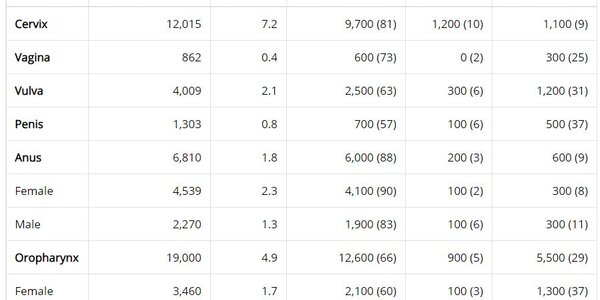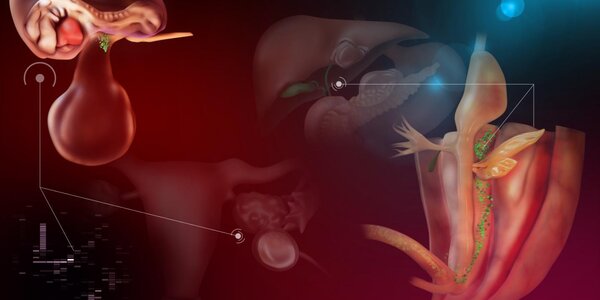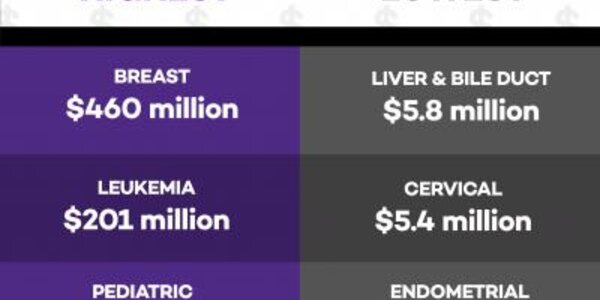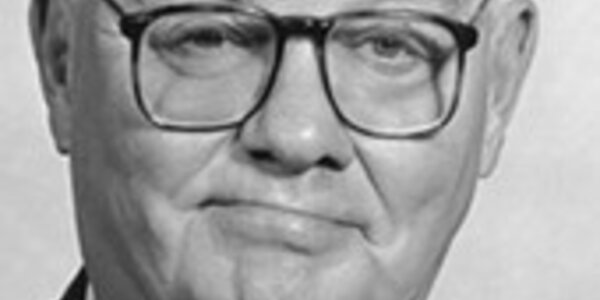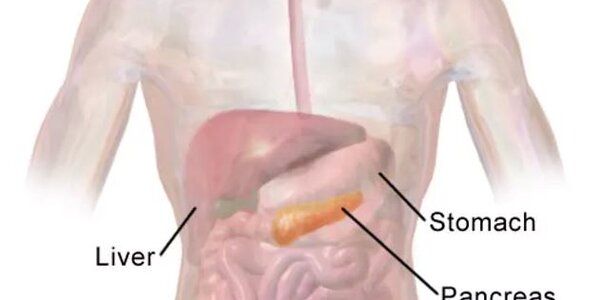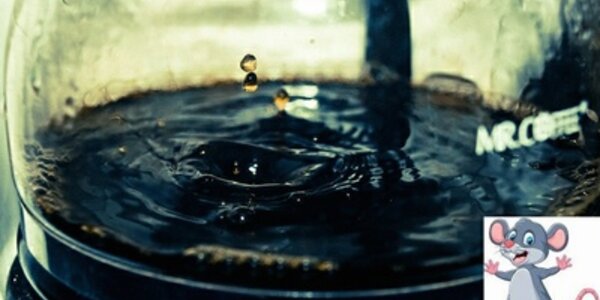Cervical Cancer Is Not The Most Common Thing The HPV Vaccine Prevents, That's Oropharyngeal Cancer
Though an entire $2 billion industry has been built scaring people about the modern world (which has promoted a $35 billion supplement market and a $110 billion Organic industry) we're in a Golden Age.
Even the poorest people can afford food, what were once booms and busts of famine and plenty have now leveled off, poverty declines are ahead of U.N. goals, and even centralized energy in developing countries, which could help a billion people, is attainable if western states stop telling poor nations they can only get World Bank help if it's not coal, natural gas, or nuclear.
And we can…
